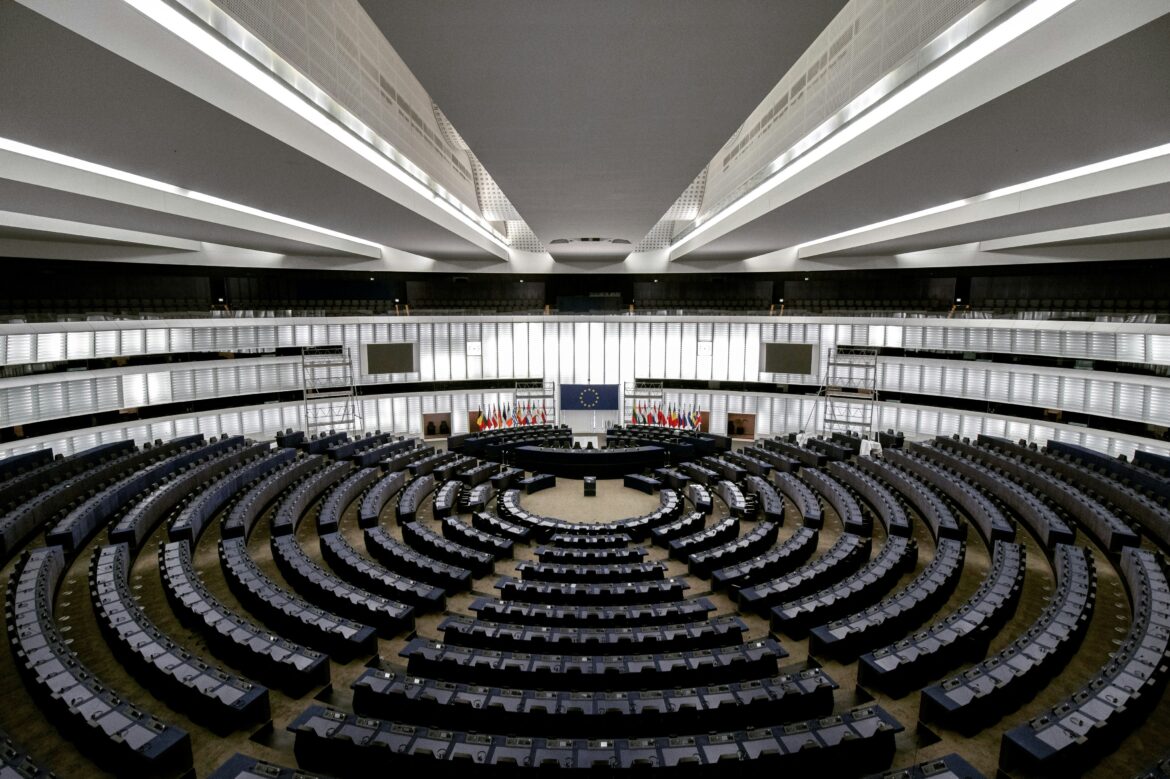From the 6th to the 9th of June, European Union (EU) citizens across all 27 member states gathered in polling stations to vote in the EU Parliamentary elections. With approximately 73% of EU citizens affirming that the EU affects their daily lives, this election proves to be of crucial importance. While voter turnout rates have steadily declined from 1999 to 2014, the 2019 and 2024 elections have broken from this trend, with just over fifty percent of EU citizens participating. Despite this increased engagement from EU citizens, the election results have inspired protests and created strong divisions within the EU and the nations themselves. This raises important questions as to how the far-right prevailed after having been unpopular for years and whether this is because the people are demanding radical change for the future of Europe.
The EU Parliamentary elections are held every five years in one round based on proportional representation. The number of seats allocated to each country is determined by its population percentage. Of the 720 total seats, countries like France, Italy, Spain, Poland and Germany have the most, while countries like Estonia, Malta, Luxembourg and Cyprus have the fewest. Citizens of each country vote for political candidates that will become Members of the European Parliament (MEPs) who sit in political groups based on political ideologies and shared values. Currently, there are seven prominent groups, for instance, the Group of the Greens / European Free Alliance (EFA) which focuses primarily on environmental and sustainability issues. The newly elected MEPs, in turn, elect the President of the European Commission which is the EU’s executive branch responsible for proposing and implementing EU laws. In the EU Parliament, MEPs represent the EU citizens’ interests and influence which laws will be proposed in the EU Commission on a range of topics. For example in the past they decided on the European Green Deal. Current major issues include the war between Russia and Ukraine, the question of the future of Palestine, trade protectionism, and AI technology. They also vote on how EU money is spent. In sum, the EU plays an essential role in major topics affecting the lives of 450 million Europeans as well as influencing Europe’s place in the world amidst important geopolitical issues.
The right and far-right has made major gains across European countries, specifically around issues such as migration, the effects of climate agenda reforms, and the cost of living crisis amidst the ongoing war between Russia and Ukraine. This reflects a growing trend of right-wing victories at the domestic level in European politics. Furthermore, while voter turnout predictions estimated youth participation at 64%, this has not prevented far-right and right wing parties from achieving electoral victories, indicating that young people no longer hold more progressive beliefs. Far-right and right wing parties have thrived in many countries. In Italy, the Brothers of Italy or Fratelli d’Italia (FdI) obtained 28.7% of the vote, in Spain the People’s party (PP) scored 34.18%, in Germany the Alternative for Germany (AfD) made major progress and obtained the second most votes with 15.9 %, and in France the Rassemblement National (RN) party garnered 32% of the votes. With high voter turnout these results have raised major concerns for French President Emmanuel Macron, whose party “Renaissance” within the coalition “Besoin d’Europe” only scored 14.9% in the elections. The president has hastily proclaimed new legislative elections which will be held on the 30th of June and 7th of July to ask the French people whether a far right government is truly what they want.
The future of Europe is not yet fully clear, however, recent protests against the return of the far-right on the political stage signals a popular stance against a return to right-wing rule in Europe and other threats to democracy. Beyond this view, the election results send a strong message to European lawmakers concerning widespread voter dissatisfaction with the current status quo. Improvements on many important issues such as climate change, geopolitical conflict, and social and economic crises are slow to be resolved. Political tensions and divisions within Europe reflected by the EU elections are a clear sign that the people demand to be heard. In the case of France, although the far right party may have won the majority in EU elections, the upcoming snap legislative election offers a new opportunity to the French people to decide on their future. For the EU to continue to operate at its best, it is essential that the people consider what society they want to live in and for politicians to listen to calls from voters for tangible change.
Edited by Mia Alexander
Victoire Thierry is entering her third year at McGill university studying International Development and Political Science. She is a first-time writer and her interest include sustainability, migration and international relations.

